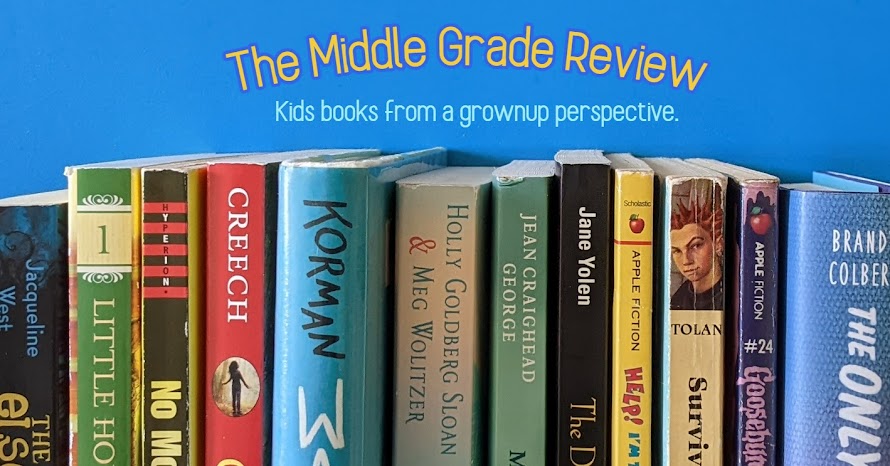War Stories (Gordon Korman)
Most middle grade novels focus on a pre-teen child, but War Stories by Gordon Korman (2020, Scholastic) is not most middle grade novels. The protagonist is an old man looking back at his seventeenth year, the year he enlisted in the US Army to serve during WWII.
The book isn't gruesomely detailed, but neither is it a sugarcoated account. Jacob Firestone in the present plays himself up to his great grandson Trevor as a John Wayne figure, gutsy and dauntless. Where, in Hiroshima, Laurence Yep relays blunt historical facts that shock by their uniqueness, Korman befuddles readers with a viscerally harrowing portrayal of on-the-ground combat. Here, the victims are more often soldiers than bystanders. Jacob is particularly saddening, as he's underage. I recall Kurt Vonnegut's Slaughterhouse-Five and its iconic alternate title, The Children's Crusade: A Duty-Dance with Death. A child, Jacob is idealistic and emotionally vulnerable, having lied to enroll out of a sense of duty to his nation following the Pearl Harbor strike. He is gutsy, he is dauntless, but he's also a child, impulsive, shortsighted.
It's in flashback chapters that Korman reveals Jacob's missteps and emotional wounds, some of which have serious consequences for the future. When, in present time, Jacob and his great grandson travel to France, where the veteran is to receive an honor for having participated in the liberation of a village there, Trevor discovers that there has been something of a campaign to keep his great grandfather out of the country. Unlike heroes of the silver screen, Jacob fought in a real war. No soldier is flawless... or fault-less.
Gordon Korman has penned a serious book about war that has a lot to say—about accountability, personal and generational trauma, and the justifications for and legacy of warfare—that is worthy of adult readers but, I suspect, will hit especially hard for young readers whose exposure to the subject might be through video games, movies, and overheard grownups. War Stories takes ideas and makes them personal, gives them faces and feelings. Through Trevor, a young reader will be put in the position of both hearing how one's relative might want to remember conflict, but also "observing" the conflict "firsthand" through flashbacks. There are layers of truth in the novel that go deeper as the narrative progresses; Korman remains politically evenhanded throughout the book, but he also consistently expresses sorrow over the circumstances. Laurence Yep's Hiroshima aids in conceptualizing the extent of nuclear destruction. War Stories aids in emotionally empathizing with those who did - and did not - survive battle.


Comments
Post a Comment